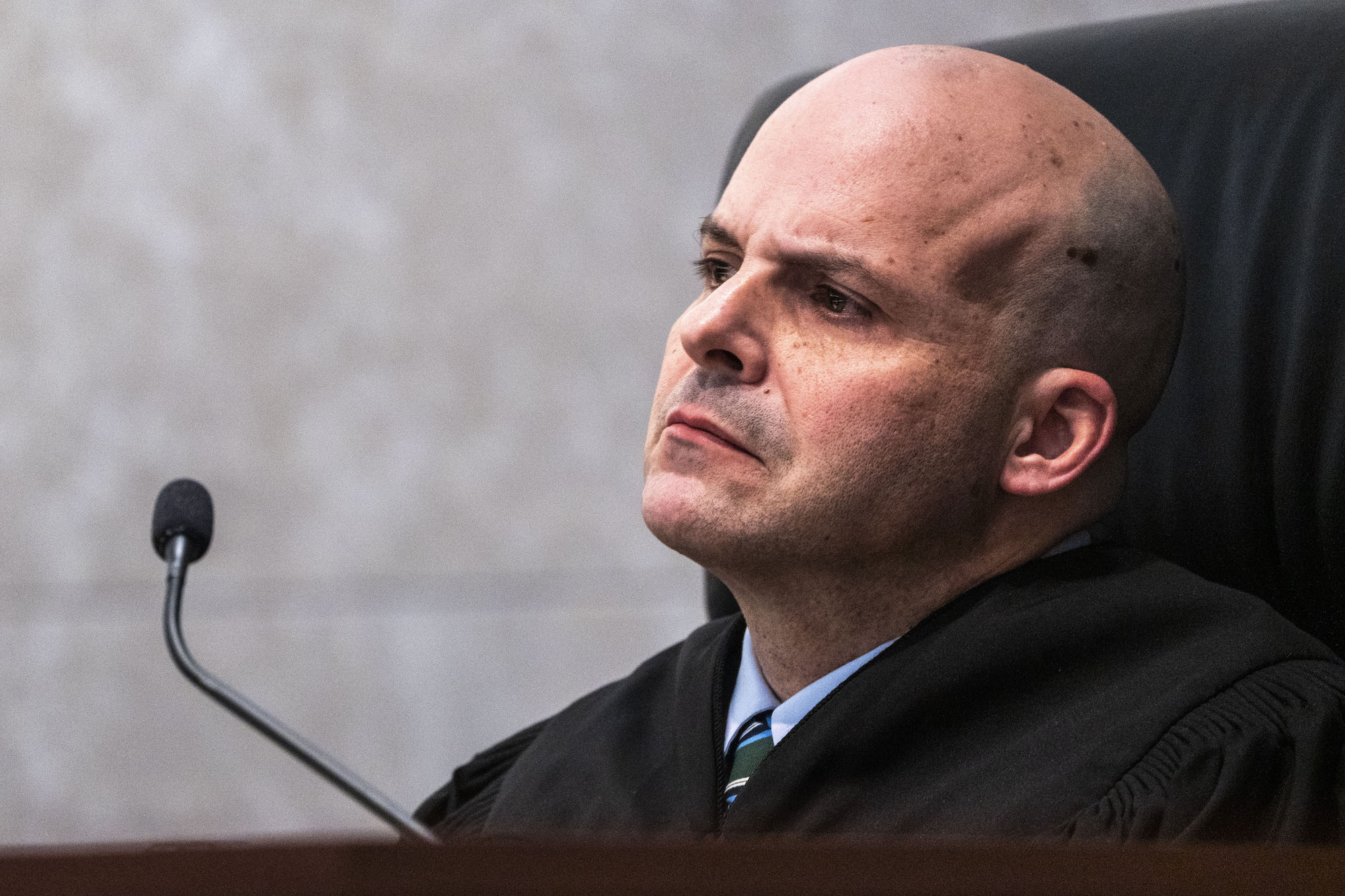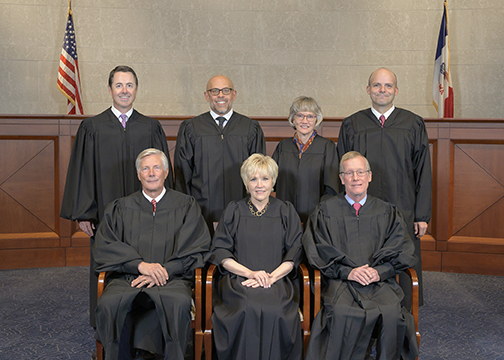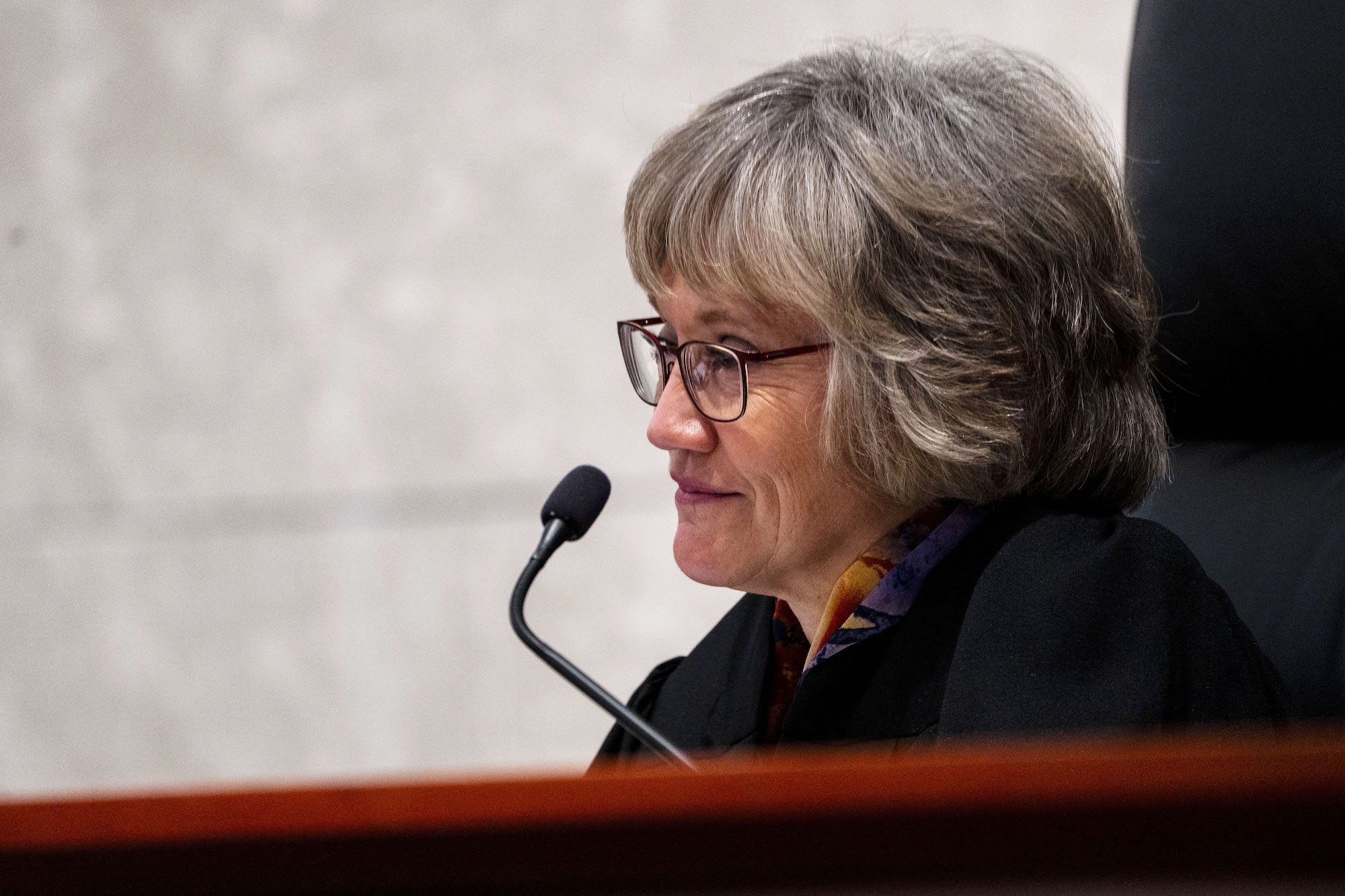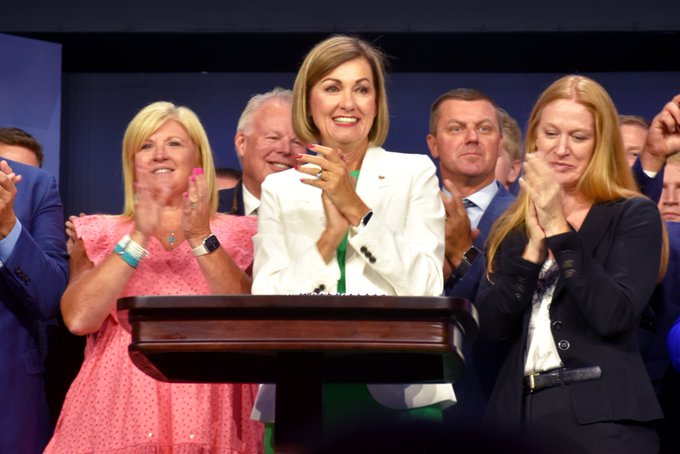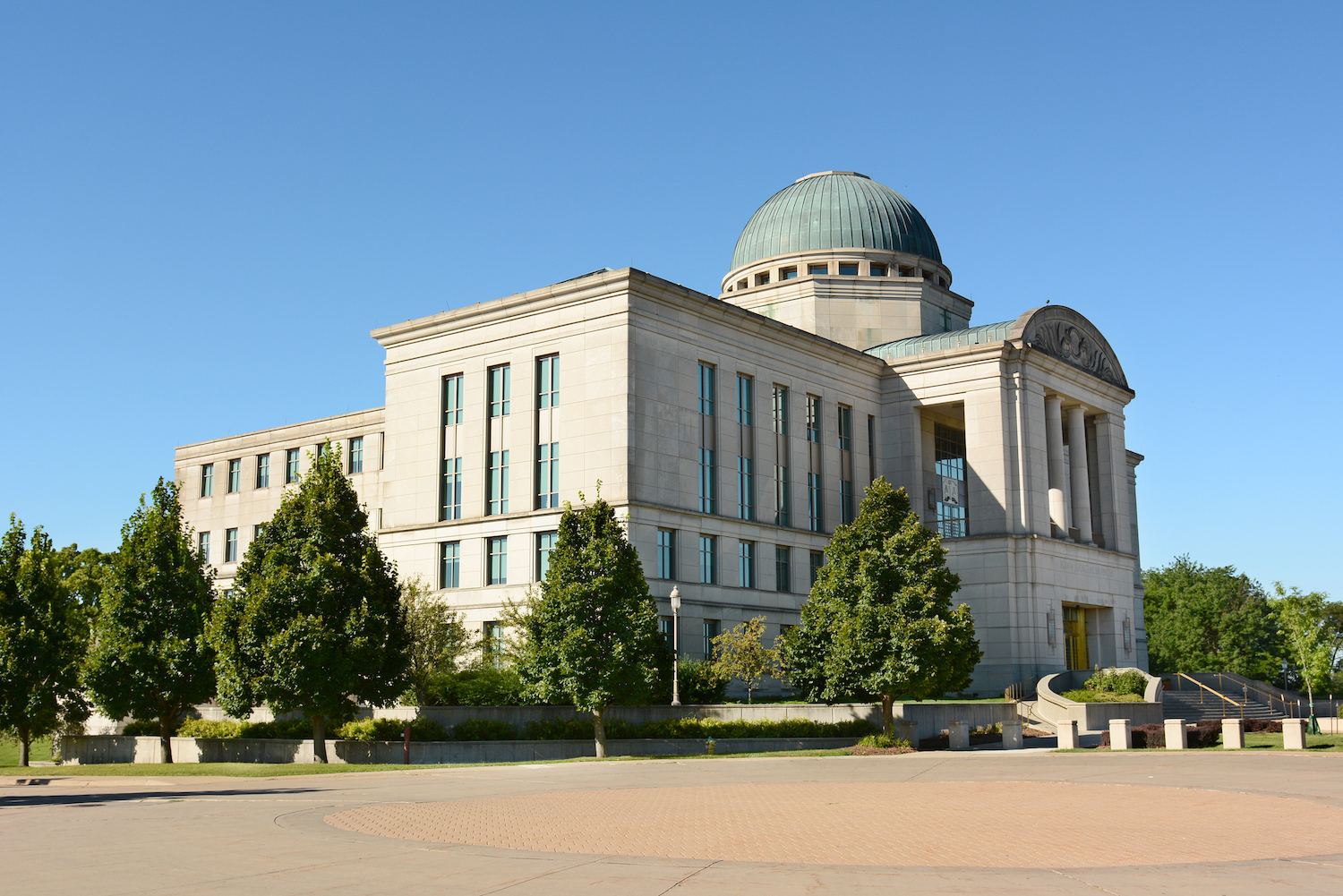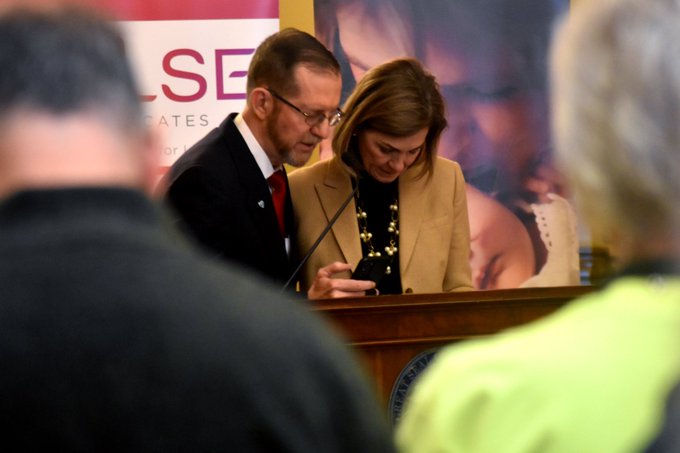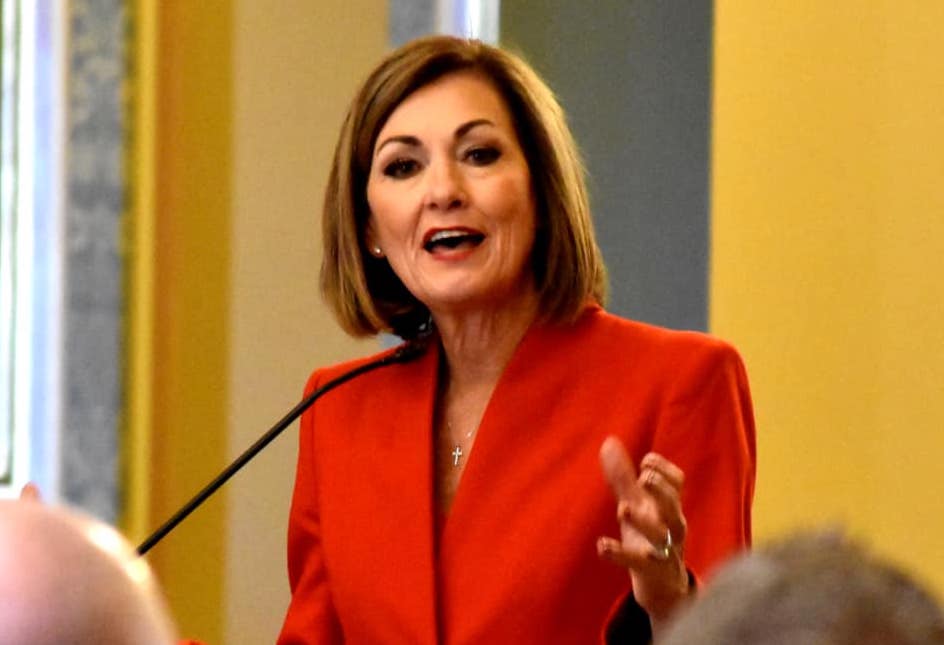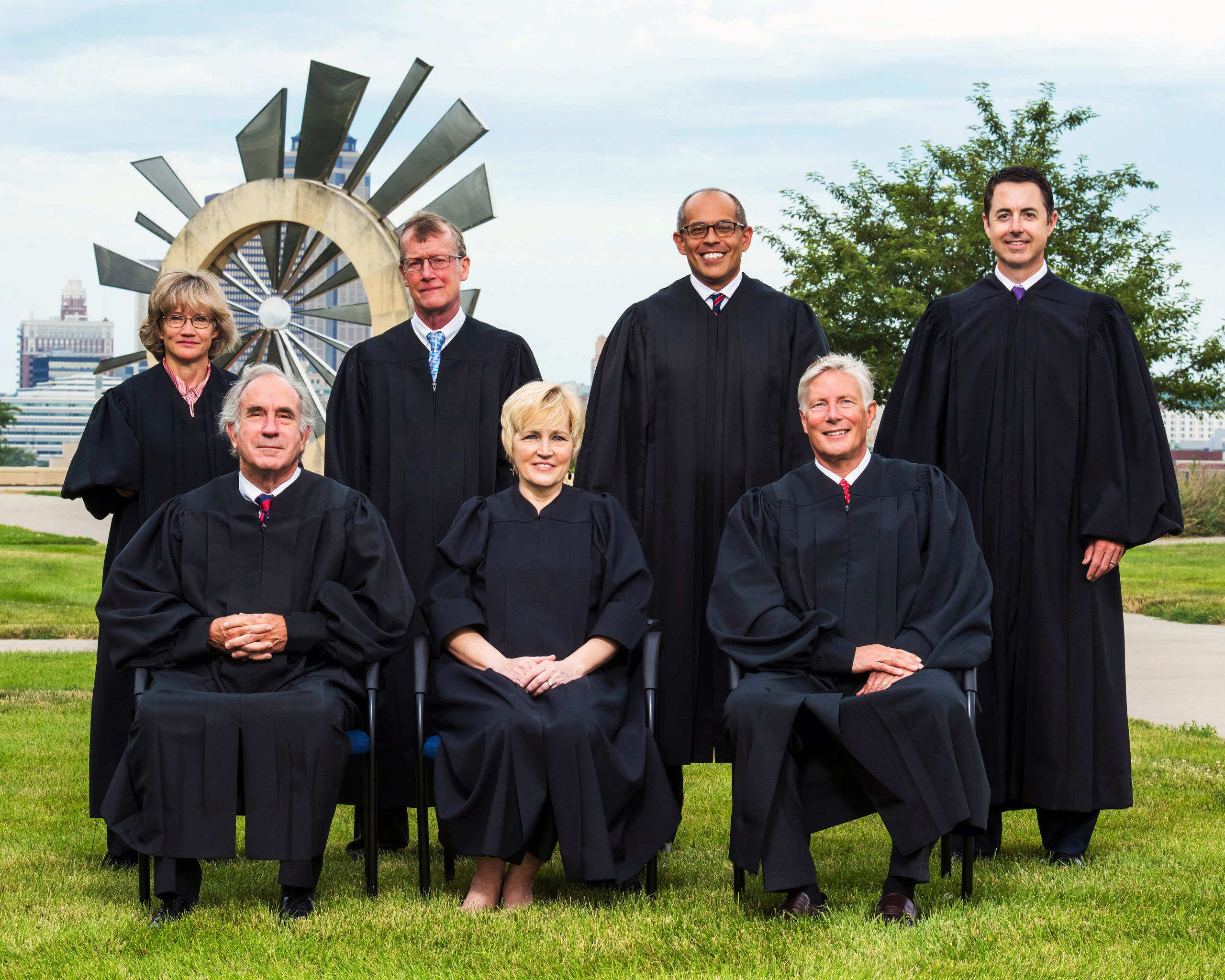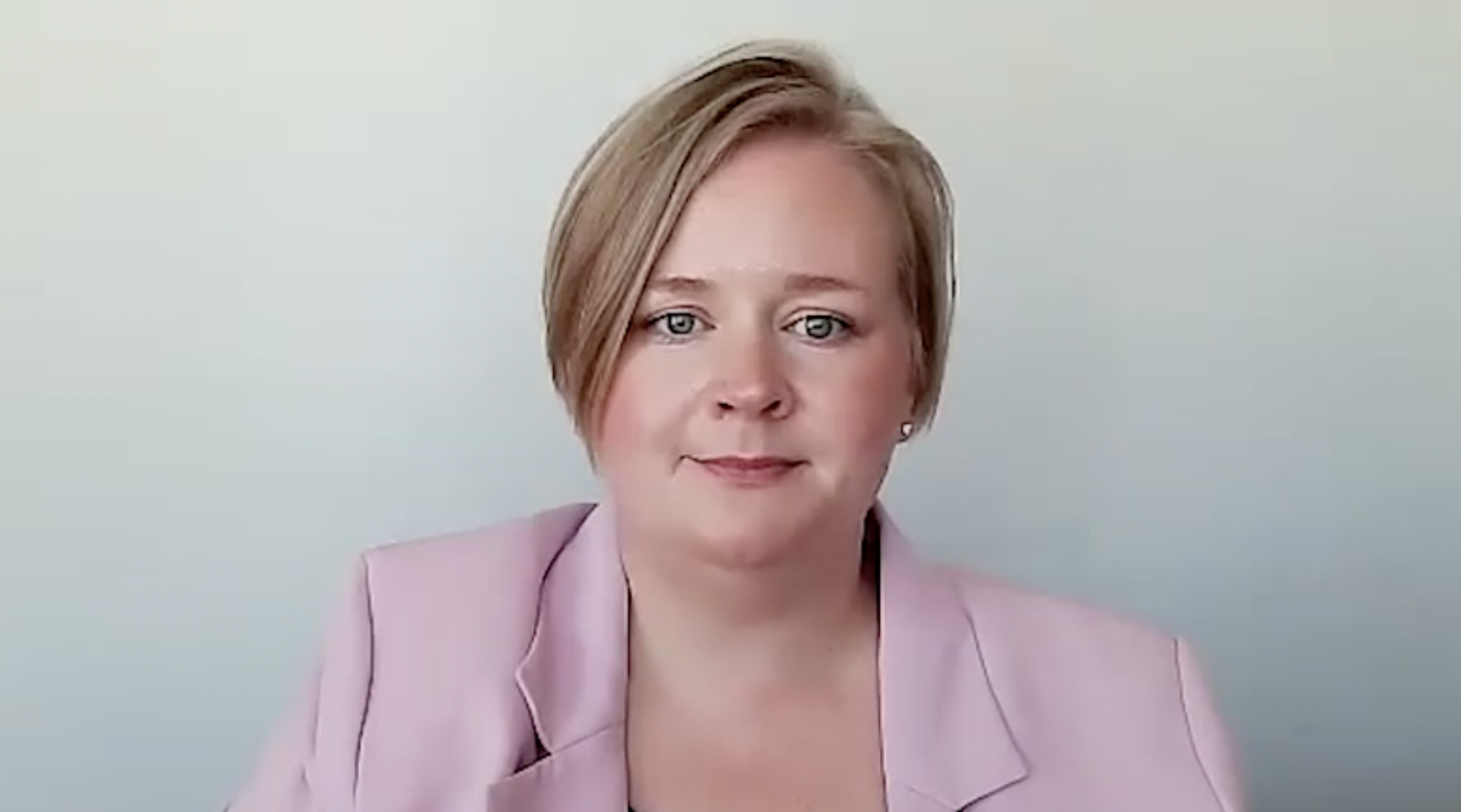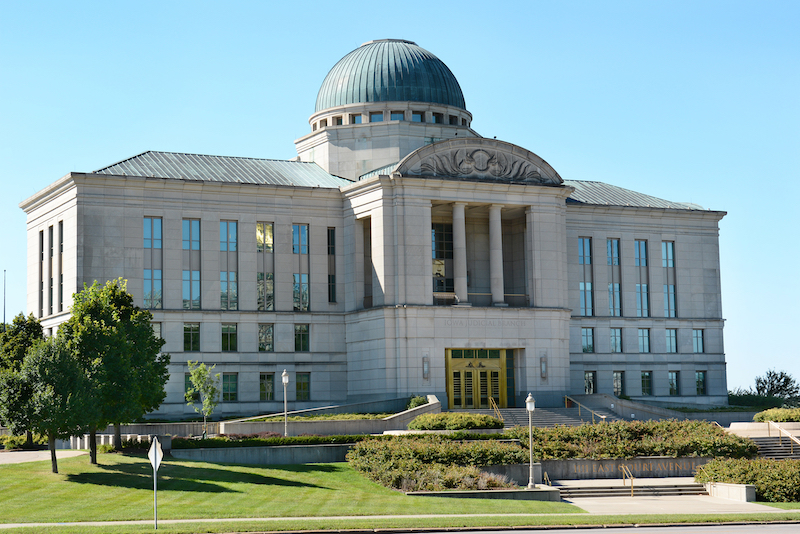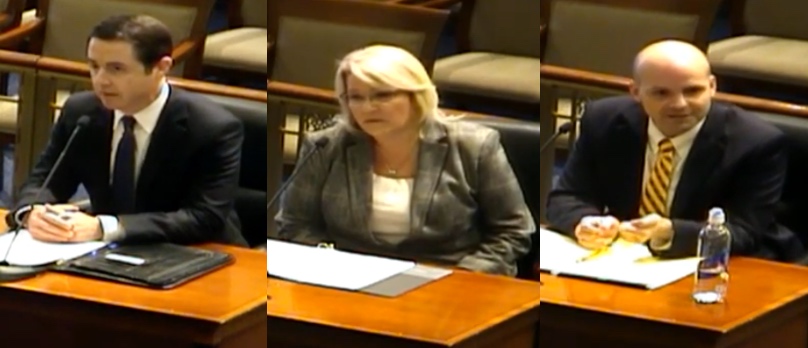As each new year begins, I enjoy looking back at the posts that resonated most strongly with readers in the year that ended. Some things never change: actions by the Republican-controlled state legislature and Governor Kim Reynolds—especially attacks on public education—inspired many of Bleeding Heartland’s most-viewed posts from 2024. That’s been true every year since the GOP trifecta began in 2017. U.S. Senator Chuck Grassley, who featured prominently in two of last year’s most popular posts, makes another appearance below.
I’ve learned there is no way to predict which pieces will take off. Some of the posts linked below required intensive research and days of writing, while others took only a few hours from start to finish. One was among the longest I wrote last year (more than 5,000 words), while another was among the shortest (fewer than 300 words).
Some authors whose work gained a large following in past years made the list again. But three authors featured below were contributing to Bleeding Heartland for the first time.
This list draws from Fathom Analytics data about total views for 561 posts published from January 1 through December 31, 2024. I wrote 145 of those articles and commentaries; other authors wrote 416. I left out the site’s front page and the “about” page, where many people landed following online searches.
A half-dozen posts barely missed the top 24, by a few hundred views or less:
Continue Reading...

